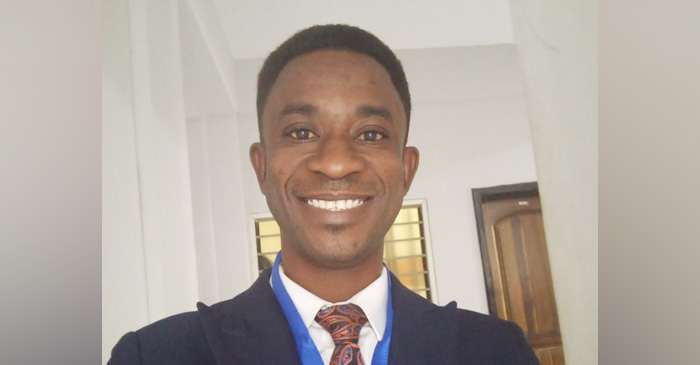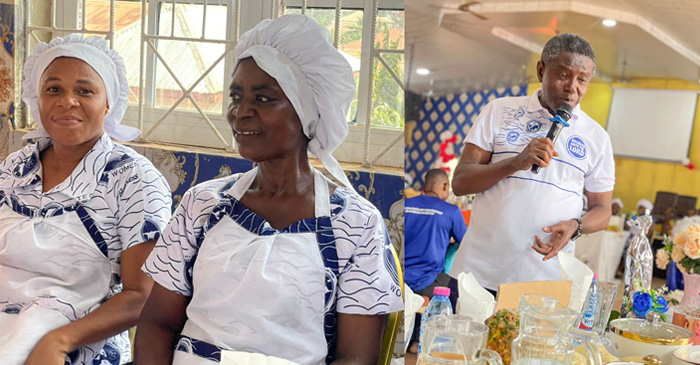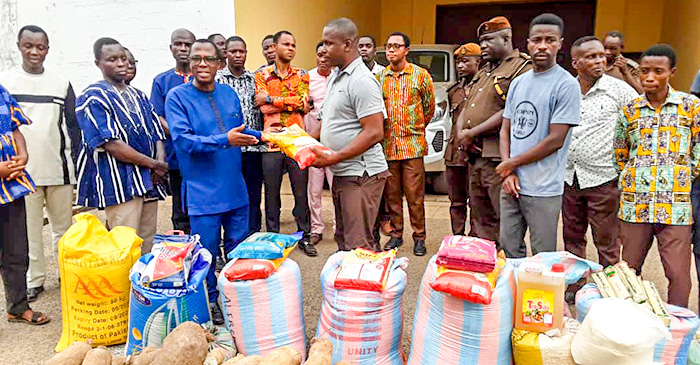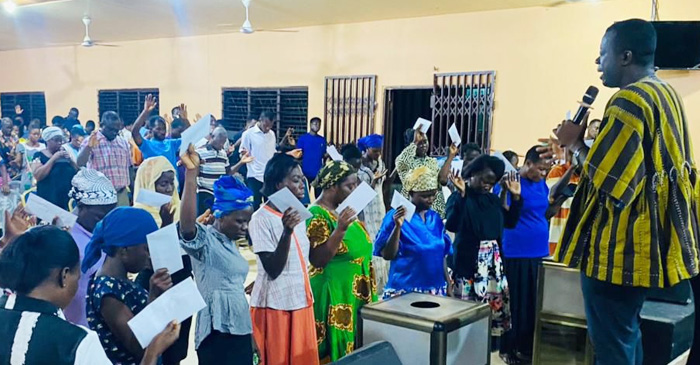
For centuries, the church has been a cornerstone of society, shaping not only the spiritual lives of individuals but also their social and moral behaviors. Beyond the pews and liturgies, religious institutions have historically played a pivotal role in addressing the needs of society’s most vulnerable. Whether through charity, advocacy, education, or healthcare, the church has been at the forefront of social impact, contributing to the well-being of communities both locally and globally. In a world where social inequalities, poverty, and environmental challenges continue to grow, the church’s involvement in philanthropy remains as relevant as ever.
The Home and Urban Missions of The Church of Pentecost has proven to be a key leader in championing and advocating for impact-driven programs and initiatives that are poised not only to empower but also to alleviate poverty and improve the living standards of marginalised communities. These efforts target issues such as poverty and inequality, healthcare, education, and caring for refugees and immigrants.
Some initiatives piloted by the Home and Urban Missions include the Vulnerable Kids Camp, Pent 5000, the Dwarf Island Outreach Programme, and the Fulani Convention, among others, all aimed at offering valuable help to the marginalised.
VULNERABLE KIDS CAMP PROJECT
This camp comprises homeless children, children from broken homes, and children who have been abused and exposed to cruel lifestyles. They are transported from various districts in Ghana to a designated venue for an intensive workshop. The workshop is designed to orient them and take them through objective-based lessons aimed at transforming their thinking and enrolling them in the school community upon assessment. Various activities are conducted to ensure the children gain access to stable community support and do not return to their former circumstances.
Resounding applause goes to the Home and Urban Missions team for such an initiative catering to young children, who represent the future globally. I had the opportunity to lead a discussion with these young ones on the topic: Navigating Your Way Through Career Aspirations. I must honestly say, I am optimistic that the future of Ghana is bright and promising.
PROJECT PENT 5000
The primary objective of Pent 5000 is to combat malnutrition and address sanitary challenges in communities. By providing nutritious meals, clothing, and sanitary supplies, this initiative contributes meaningfully to Sustainable Development Goal 2 (SDG 2): Zero Hunger, which seeks to end hunger, achieve food security, and improve global nutrition. Even small, collective efforts can significantly impact the lives of those in need. Advocating for social justice and advancing the attainment of the SDGs remain our top priorities.
Under the auspices of its Home and Urban Ministry, The Church of Pentecost leverages its platforms to speak out against injustice, guided by profound spiritual values of equality, human dignity, and the sanctity of life.
DWARF ISLAND OUTREACH
The Church of Pentecost has played a significant role in providing healthcare, particularly in underserved areas. The church’s missionaries and organisations have established hospitals, clinics, and health programs in regions where public healthcare is either limited or non-existent. One notable example is Dwarf Island, where the church’s outreach team has mobilised volunteers and experts to raise awareness about health crises, promote healthy lifestyles, and advocate for policies that enhance individual well-being.
The team focuses on critical areas such as maternal health and child nutrition. Their efforts address not only local and national challenges, such as the civil rights movement in Ghana, but also contribute to global campaigns for human rights and peace.
FULANI TRAINING PROGRAMS
This initiative provides widows, single mothers, and young women with training on how to start businesses and become financially self-sufficient. Collaborations with innovation hubs and financial institutions support micro-lending programs, offering small loans to entrepreneurs in poor communities to help them establish their businesses.
Additionally, some churches have started businesses that align with their social mission, such as fair-trade stores, coffee shops, or cooperatives that employ marginalised individuals.
The church’s impact on philanthropy and social change is not just about providing material aid; it is about transforming hearts and minds. By preaching the gospel of justice, mercy, and love, churches call on individuals to live out their faith in concrete ways. Whether through direct charity, policy advocacy, or community service, the church has been, and continues to be, a driving force in creating a more just and compassionate society.
The relationship between the church and social impact is deeply rooted in religious teachings of compassion, justice, and love for one’s neighbor. Christianity, along with many other faith traditions, has long emphasised the importance of caring for the poor, the sick, the orphaned, and the marginalised. From the earliest days of the church, this calling manifested in tangible acts of charity. Early Christians formed charitable networks to provide for the needy, establish hospitals, and support the downtrodden.
As the world faces an array of complex social, economic, and environmental challenges, the church’s role in philanthropy and social impact is more important than ever. By drawing on its rich traditions of service and justice, the church offers both practical solutions and a moral vision for a better world—one that upholds the dignity of every individual and seeks the common good.
As society evolved, so did the church’s role in social welfare. Fast-forward to today, the church’s influence in global philanthropy continues to be significant, addressing both immediate needs and systemic issues that affect large swaths of the population.
Largely, at Home and Urban Missions, we are Agents of Transformation, bringing all things to all people.
Written by Rebecca Siameh (Buade District, Teshie Nungua Area)













